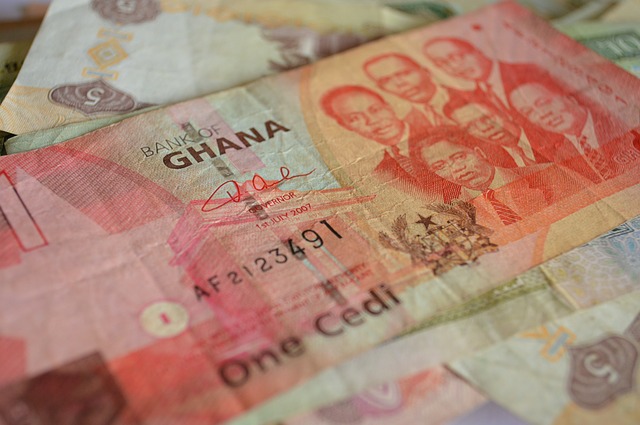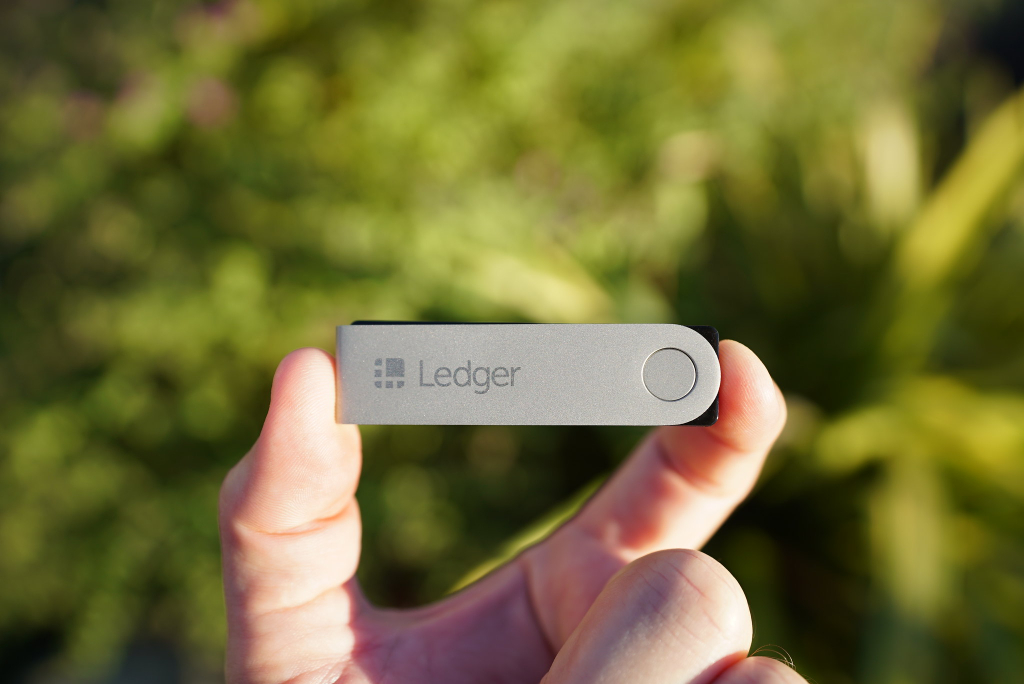The Bank of Ghana (BOG) is the latest central bank that is considering issuing a digital currency.
Speaking at the 23rd Annual Banking Conference of Chartered Institute of Bankers, Ghana, BOG Governor Ernest Addison said:
“The Bank of Bank is also in discussion with key stakeholders to explore a pilot project (in a sandbox environment) on central bank digital currency [CBDC] with the possibility of issuing an e-cedi in the near future.”
Noting the rapid changes brought on by financial technologies, Addison said that the resulting Digital Financial Services (DFS) presents a great opportunity for people to access “affordable, convenient and secure banking services.”
“The potential for growth is evident; mobile money transaction volumes alone increased from 982 million to 1.4 billion between 2017 and 2018. This consistent growth pattern underscores the sustainable nature of opportunity for the banking sector,” he added.
BOG acknowledges blockchain potential
Last year, the BOG issued a notice stating that the use, holding, and trading of cryptocurrencies are not licensed under the Payments System Act 2003. It also emphasized that it recognizes the potential of blockchain technology, saying:
“While the Bank of Ghana acknowledges the enormous potential in the blockchain technology and how that can significantly transform the payments system landscape and promote financial inclusion, we are assessing with stakeholders and other international partners how the subsequent use of the blockchain technology into digital currencies would fit into the global financial and payments architecture.”
A number of central banks around the world have been exploring the possibility of issuing a CBDC including the People’s Bank of China (PBoC), the Riksbank, the Bank of Canada, the Bank of Thailand, Norges Bank, and others. More recently, Turkish President Recep Tayyip Erdogan mandated the development of the country’s CBDC to be finished by 2020.
























Comment 1